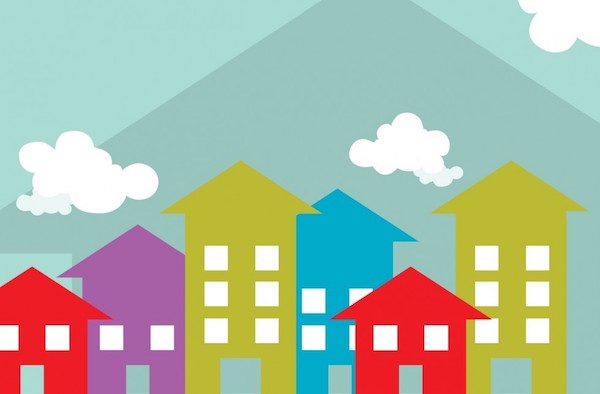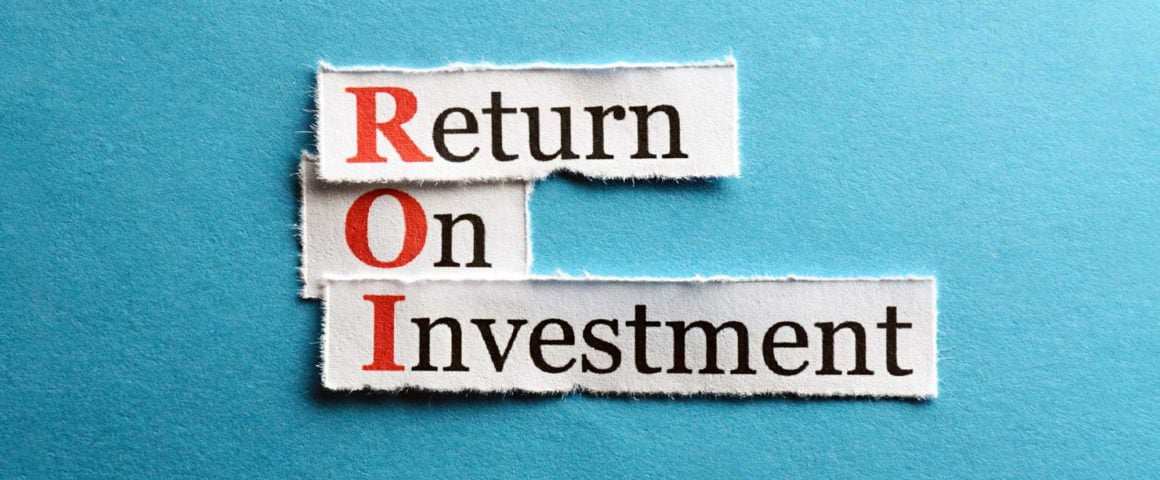To what extent do rising interest rates affect house prices?
Sparking new barbecue conversations, the Reserve Bank has warned the magnitude and timing of interest rate rises brings with it property market uncertainty.
Speaking on interest rates and the property market to the 2022 AFR Property Summit, RBA Head of Domestic Markets Jonathan Kearns said the response of property prices to interest rates tends to be drawn out, occurring over years rather than months.
“Given other drivers of prices also change in the interim, we can’t really disentangle the final impact on prices of changes in interest rates,” Mr Kearns said.
“We can be confident about some aspects of the impact of interest rates on property prices, but there is considerable uncertainty about other aspects.”
Uncertainty is the word of the month for the RBA in September, with Reserve Bank Governor Dr Philip Lowe previously detailing the path away from high inflation is clouded in uncertainty.
“Interest rates are increasing for the first time in 12 years, and they are rising quickly. The full effects of this are still to be felt,” Dr Lowe said earlier this month.
Mr Kearns noted that since the RBA has lifted the cash rate 225 basis points from May, mortgage borrowers have experienced a 20% reduction in borrowing power.
Further, since May monthly repayments on a new home loan are said to be around 25% larger.
“Estimates suggest the net effect is that mortgage payments for new buyers would be higher for about two years as a result of higher interest rates,” Mr Kearns said.
“But after that, the declines in housing prices and mortgage size begin to dominate.
“This suggests that because higher interest rates reduce housing prices and so mortgage sizes, mortgage payments for new borrowers could ultimately be lower than if interest rates had not increased.”
For a first home buyer, this means that a household would need a smaller mortgage to purchase a property.
Spurred on by the growth in house prices, ABS data details since the beginning of 2022 the number of first home buyers and the value of first home buyer loans has declined significantly.
Economists warn of recession risks
Speaking at the Summit, Barrenjoey Chief Economist Jo Masters said the RBA will tip the Australian economy into a recession if interest rates are lifted in line with market forecasts.
“If the Reserve Bank follows market pricing, we will have an economy in recession and we will have house prices down materially,” Ms Masters said.
Westpac and ANZ economists anticipate the cash rate to peak at 3.35% by either end of the year or early 2023, with CommBank and NAB economists expecting 2.60% and 2.85% respectively.
Back in June, AMP Senior Economist Diana Mousina said the risk of an economic downturn has increased in the next 12-18 months.
“In our view, the odds of a recession are larger in 2023 than in 2022 because central banks will need to take interest rates higher – potentially even too high – to get on top of elevated inflation which could cause a downturn,” Ms Mousina said.
The Reserve Bank’s Statement of Monetary Policy (SOMP) last month outlined the RBA is seeking to keep the economy on an even keel, yet is walking a tightrope.
“The path to achieve this balance is a narrow one and subject to considerable uncertainty,” the RBA said.
“The Board expects to take further steps in the process of normalising monetary conditions in the months ahead.”
By Jacob Cocciolone
Originally published by Savings.com.au




